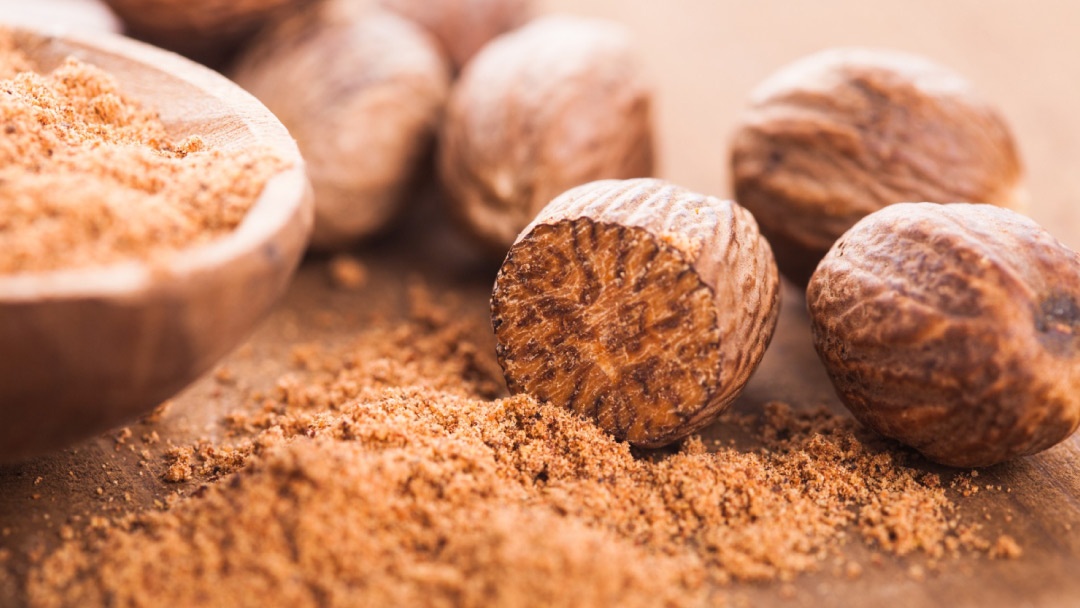
Researchers at Recep Tayyip Erdoğan University have found promising results using nutmeg (Myristica fragans) essential oil as a natural anaesthetic for rainbow trout (Oncorhynchus mykiss), offering a potentially sustainable alternative to conventional synthetic agents.
The findings, recently published in Aquaculture Reports, explore the efficacy of nutmeg oil at three different concentrations-400, 600, and 800 µL/L- assessing induction and recovery times as well as physiological and histological impacts on the fish.
“While the induction time at the lowest concentration exceeded three minutes, induction and recovery times for the other concentrations remained within acceptable limits (three minutes for induction and five minutes for recovery),” the authors reported.
To assess the impact of the treatment, the researchers collected blood samples at 0, 2, 4, and 8 hours post-anaesthesia to monitor haematological markers, cortisol levels, and antioxidant enzyme activity. Gill tissue was also examined immediately after anaesthesia for any structural changes.
The results suggest that nutmeg oil, particularly at a concentration of 600 µL/L, can effectively induce anaesthesia without causing significant physiological disturbances. Gill tissues in both the control and low-concentration groups appeared healthy, while hyperplasia was noted in fish exposed to medium and high concentrations.
“Antioxidant enzyme activity indicated potential oxidative stress at the highest anaesthetic concentration,” the study noted. Plasma cortisol also rose initially with higher doses but gradually returned to baseline over time.
Sabiene was identified as the oil’s primary compound (20.74%), followed by α-pinene (17.17%) and β-pinene (10.64%). These compounds are known for their anti-inflammatory, antifungal and sedative properties, although the authors caution that some constituents, such as myristicin, may cause side effects like drowsiness or blurred vision if used inappropriately.
“In conclusion, this study highlights that nutmeg oil at a concentration of 600 µL/L may serve as a promising natural alternative to synthetic anaesthetics in aquaculture,” the authors stated. They also recommended the inclusion of a synthetic anaesthetic in future trials for more direct comparative analysis.
Despite encouraging results, large-scale use may be hindered by sourcing and cost. “As nutmeg is primarily produced in Southeast Asian countries, the availability and practical application of this anaesthetic agent are particularly relevant for regions such as India, Pakistan, and Indonesia,” the researchers noted.
The study received ethical approval from the Recep Tayyip Erdoğan University Ethics Committee and was funded by the university’s research fund (FBA-2024–1645) and Development Foundation.


